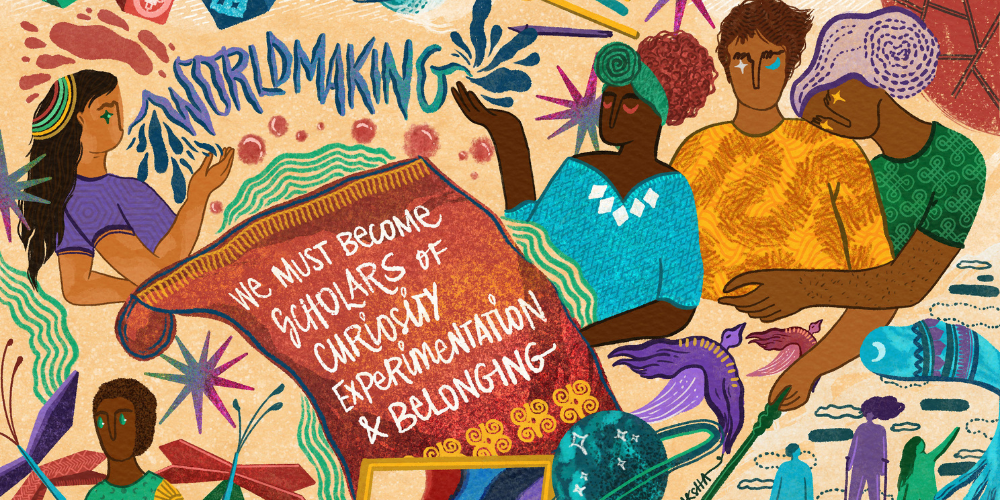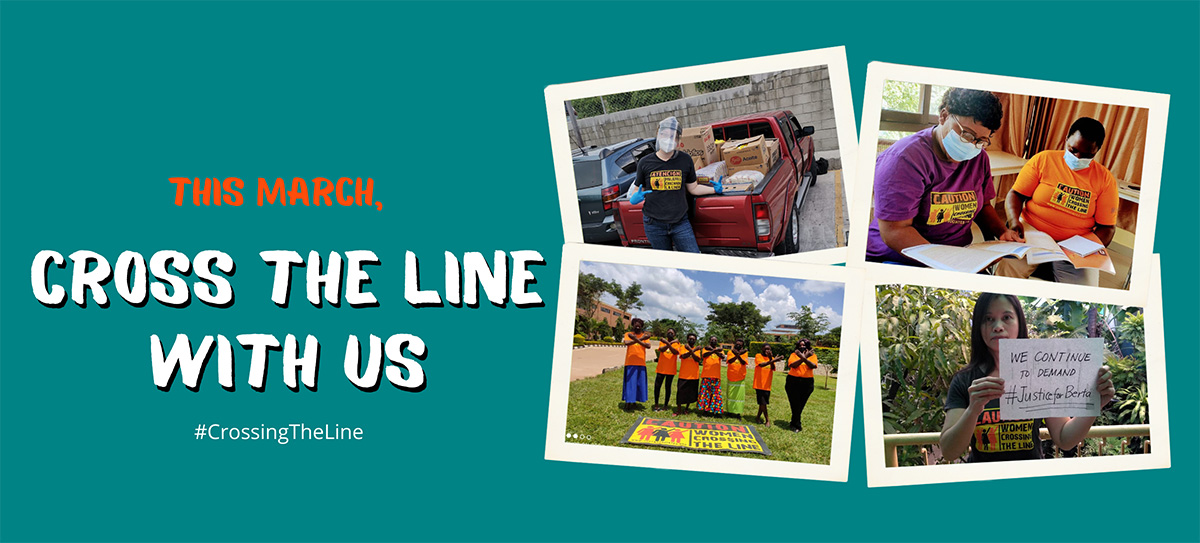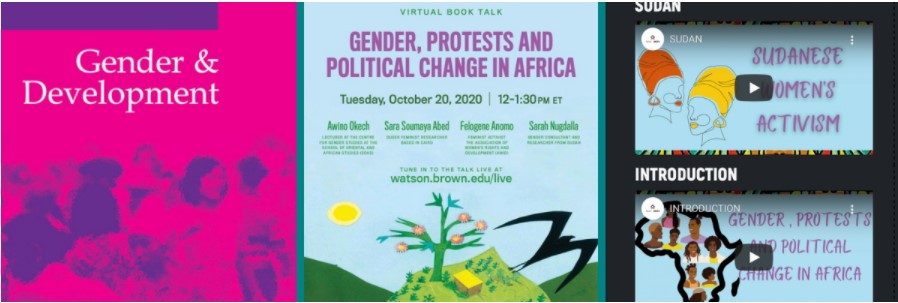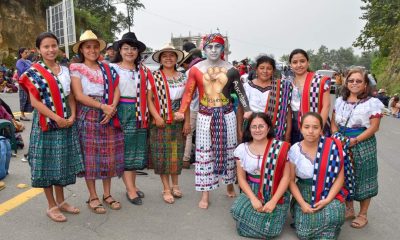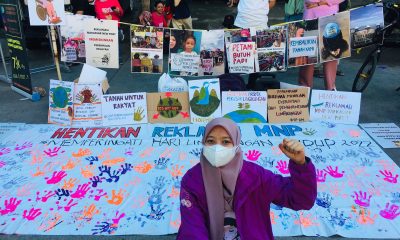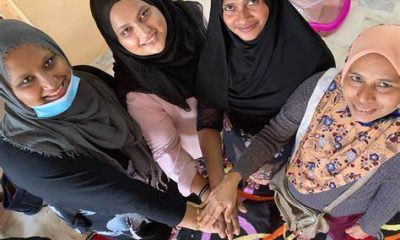By Laura Carlsen Km. 148 is a nodal point on the Interamerican Highway that connects…
Strong women ’bout to walk across the line // This ain’t no once upon a time //
These stories we ’bout to write are true //
Sweat n’ bleed for the rights of me n’ you
In Ukraine and around the world, women amplify the call to #StopTheWar. In Malawi, thousands of women creatively organize to rebuild their communities after devastating tropical cyclones. In Honduras, women rise up to protect the electoral win of the first female president amid political threats from right-wing elites. One year after the coup in Myanmar, women across sectors and ethnicities find hope and strength to resist and fight for democracy. Labor unrest and organizing gains traction in the Americas for the first time in decades. Indigenous, black, and brown women lead new waves of decolonizing and feminist organizing. Movement networks and formations push back on religious and other extremist groups’ attacks and agendas on feminist and LGBTQ+ scholarship and activism. Even in the most repressive places, women find ways to make their voices heard.
These individual and collective acts of resistance, defiance, solidarity, care, and love are catalysts of transformative change. Follow us throughout the month as we spotlight all the different ways women are crossing the line to speak up and solve problems in various spheres of life – from the home and community to decision-making tables at policy level. Women in Southern Africa, Southeast Asia, Mesoamerica, and globally are crossing the line.
These are some of the ways you can cross the line with us:
SUPPORT
Women organizing in the wake of climate disasters
When tropical cyclones Anna and Dumako hit Malawi, thousands of women leading the Our Bodies, Our Lives (OBOL) campaign to improve access to ARVs (antiretrovirals) and quality healthcare jumped into action, forming the backbone of relief efforts. The climate-driven disasters destroyed homes and livelihoods, including the community gardens OBOL women had created to feed families and sell market produce, as well as the organizing hubs they use to strategize on political action and advocacy. OBOL women are rebuilding affected communities by addressing practical needs such as food, shelter, and health while calling for feminist solutions to climate change. Learn more about OBOL women’s work and support their fearless organizing by donating to the JASS Mobilization Fund.
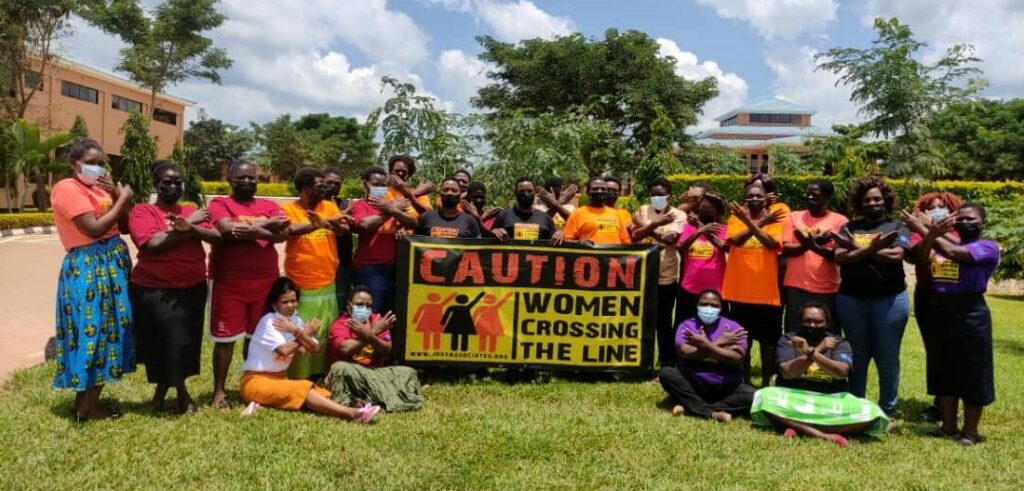
JOIN
CSW66
JASS sees strategic engagement – engaging power holders to shift and change policy, practice, and social norms – as a critical aspect of movement building and a key ingredient that contributes to making change happen. Despite women’s pivotal role in building innovative solutions and effecting change, they rarely have a seat at the decision-making table. The annual Commission on the Status of Women (CSW) is one space that serves as a way to connect, strategize and share perspectives and agendas to inform and influence decisions that impact women’s lives. This year, JASS is participating in three side events at the 66th CSW.
Register below to learn more about how women are leading change and why movements are still the answer to the challenges we face today.
‘Feminist solutions for the environmental and climate crisis’ on March 15 @ 4 PM UTC
Women, land defenders, and indigenous communities across the globe have the leadership, skills, and knowledge to contribute to a sustainable future that centers the care of people and the planet.
Come and learn more at an event hosted by the Count Me In! Consortium, the Global Alliance for Green and Gender Action (GAGGA) and Women Engage for a Common Future (WECF), together with the Governments of Chile, Sweden and The Netherlands. Register here.
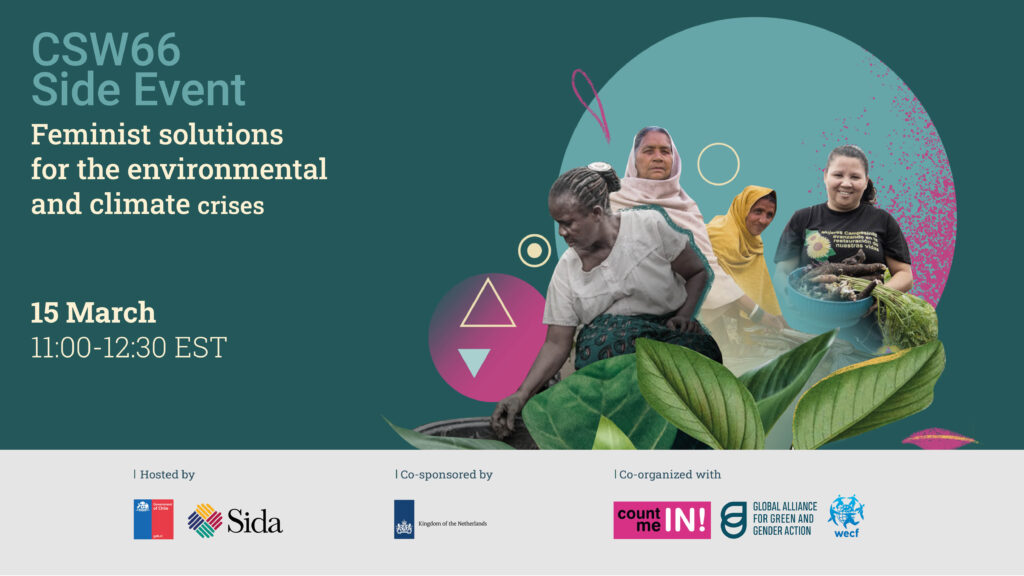
‘Strengthening labour rights through cross-movement collaborations – trade unions, sex workers’ organizations, and feminist groups’ on March 18 @ 1:30 PM UTC
Join the Count Me In! Consortium for a conversation on the importance of intersectional approaches and cross-movement collaboration among feminist, sex workers’ rights, and labour rights groups to protect and strengthen the human rights of sex workers. Register here.

‘The Masters Toolkits Will Never Dismantle the Master’s House’ on March 21 @ 7 AM UTC
Join JASS Southeast Asia’s regional co-director Kunthea Chan along with the Dutch Ambassador for Women’s Rights and Gender Equality, IWDA, CREA, FEMNET, Womankind Worldwide, and Backyard Politics as they talk about feminist approaches to development and present recent feminist toolkits that support movements’ organizing strategies and tactics. During the session, we will share JASS’ toolkit, ‘Our Rights, Our Safety: Resources for Women Human Rights Defenders’. Register here.
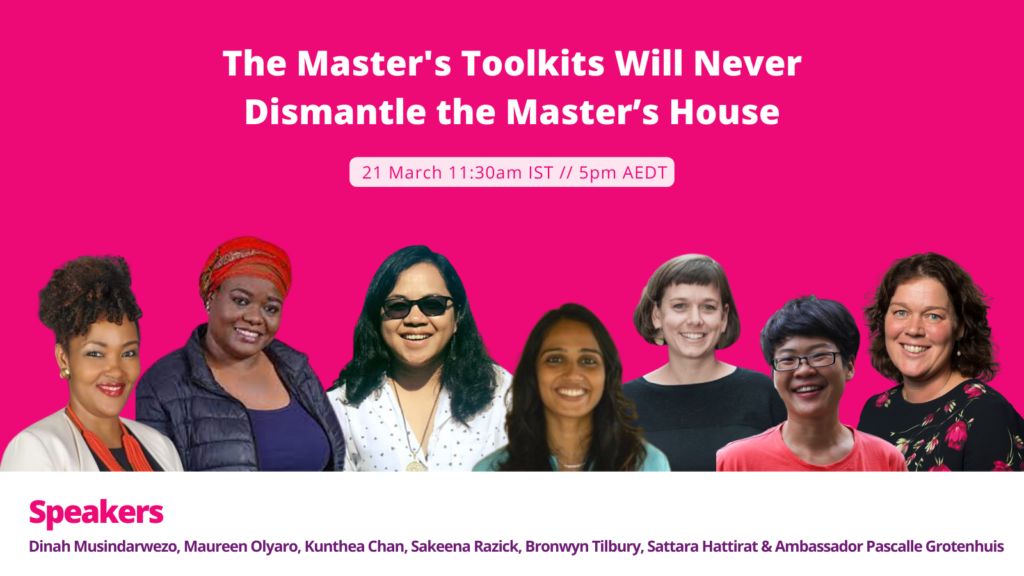
READ
Generating knowledge is an essential strategy for amplifying women’s voices. In a context where women’s stories are often silenced, ignored, or portrayed in negative ways, it is critical to develop knowledge that centers women’s lived experiences. Doing so challenges what counts as knowledge and whose knowledge matters.
These edited publications with contributions from feminist scholars fuse theory and practice in examining the links between protests and transformative change:
-
- Gender and Development: Feminist protests and politics in a world in crisis
- Gender, Protests, and Political Change in Africa book and videos
PLAY AND LISTEN
This month, cross the line by taking an imaginative leap and immerse yourself in a state of radical creativity with invitations for practices of liberation that envision a different way of being. In this new blog, JASS’ Executive Director Shereen Essof talks about the importance of making play an essential part of our vision for ‘worldmaking’ as we continue the work of building a better world together.
What sustains us as we cross the line? Sing and dance along to this rap and spoken word women crossing the line anthem performed by Mack Royal, Mickey Love and Emery Bright. Share songs from your contexts that inspire and reignite your spirits as you organize for change.
